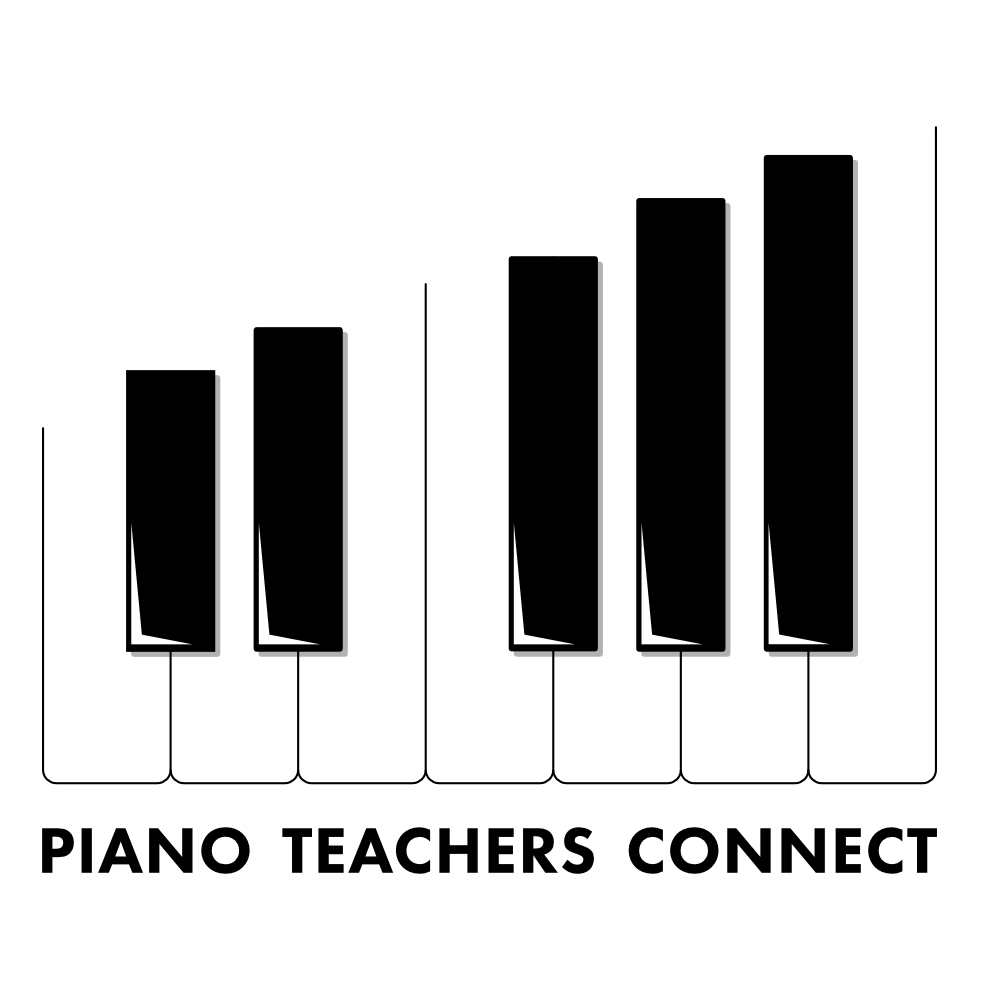Jazz Piano Aural Training Online
Unlike in classical piano, where every nuance and detail is indicated for us in the piano score, in jazz we have few notated guidelines for interpretation.
Jazz piano education is still very young, and it is based upon an aural tradition. Previous generations of jazz pianists learned their trade by listening to records, and transferring what they heard, by ear, to the piano.
To pick up the nuances of jazz rhythm, phrasing, and articulation, it is essential to listen to jazz constantly. Learning jazz piano theory will help, but it is not enough. The fastest, most efficient, and most natural way to internalise the subtle characteristics of jazz piano is to listen to lots of jazz piano recordings, and work towards playing what you hear on the piano.
Anyone can learn to play by ear, and our online jazz piano teachers can show you the tricks to opening up your ears, and progressing from the general listening that we all do all the time to more focused and refined listening.
To begin developing your aural ability, try to make it a habit of:
- Specializes in jazz piano
- Styles: Classical, Jazz, Advanced Jazz, Pop/Rock, Advanced Pop/Rock
- Accepts students ages 10 and above
- Other instruments and subjects: Composition
- Exam preparation: Audition Preparation
- Languages: English, French
- Time Zone / Region: Europe and Africa
Listening to jazz recordings everyday: Explore jazz from all eras of jazz history, and by all kinds of instrumentalists and singers.
Singing along: Singing is the best test of how well you are listening/hearing. Sing along to both vocal and instrumental recordings. Listen carefully, and try to match your voice precisely to the pitch you hear.
Exercising you ears: Play a note on the piano and try to match it with your voice; if you have trouble, sing the lowest note you can and bend your voice upwards until it matches the note you are playing. Try singing major and minor scales and triads, testing your pitch by playing the corresponding piano keys after each note you sing. Try playing simple songs by ear, such as Happy Birthday, or Twinkle Twinkle Little Star. Try learning music by ear from your recordings; start by finding the major or minor key, and then learning the main melody by ear.
In your online jazz piano lessons, your online jazz piano teacher can teach you the secrets to learning from recordings.
By writing your own lead sheets, transcribing the melody and chords from a jazz recording, you can discover the difference between Bill Evans’ version of Autumn Leaves and Keith Jarrett’s version of Autumn Leaves.
By transcribing your favourite jazz pianist’s improvised piano solo, you can learn to incorporate that pianist’s techniques and vocabulary into your own jazz piano improvisations - in a sense taking jazz piano lessons directly from any of the best jazz pianists throughout history, living or dead!















































